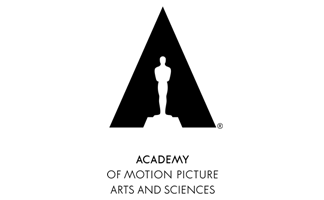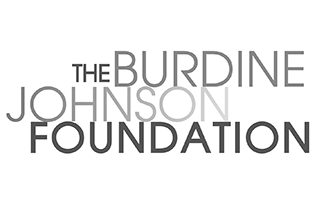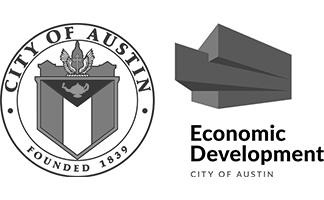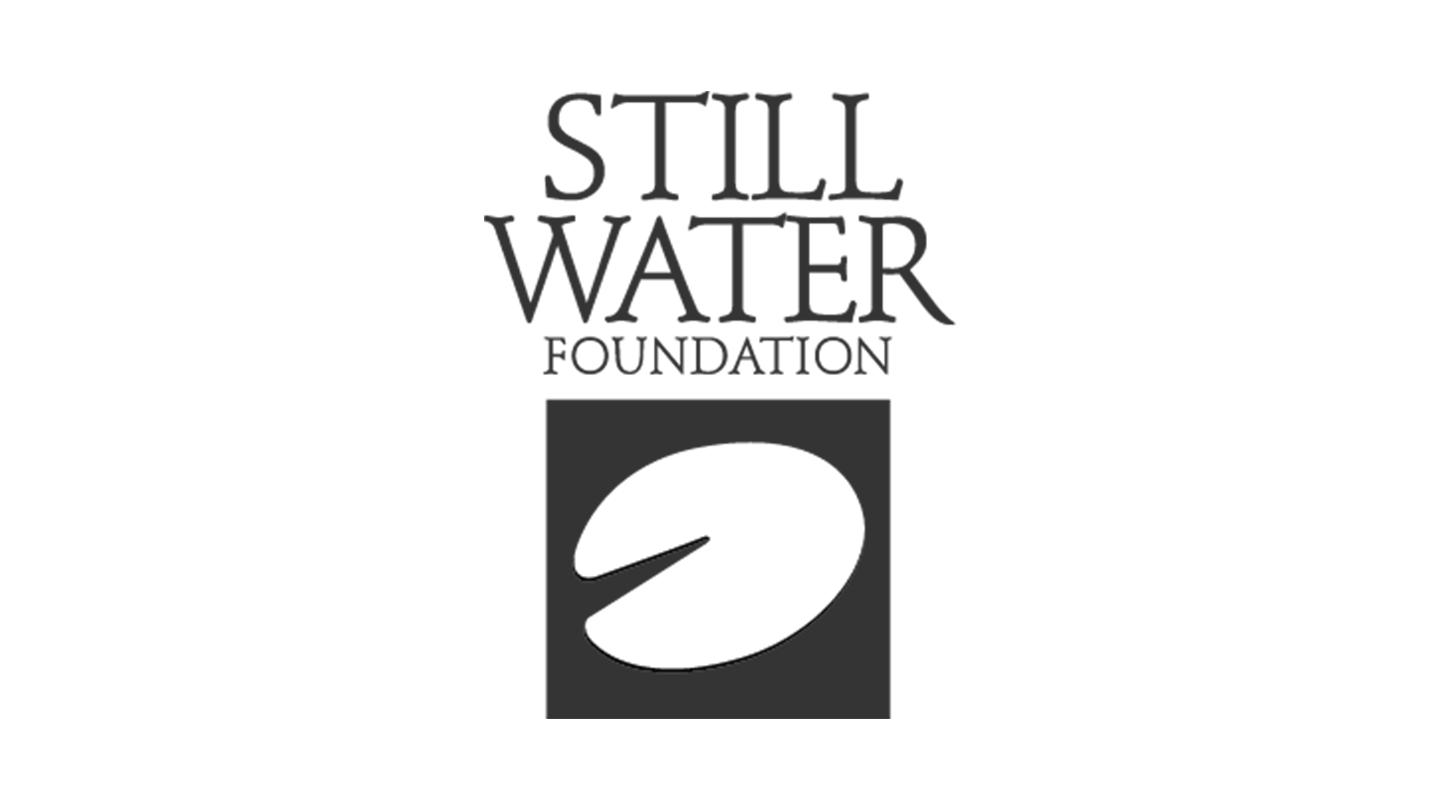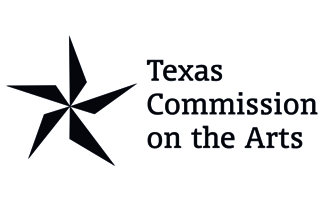Rossellini ’77: Outrage at Cannes
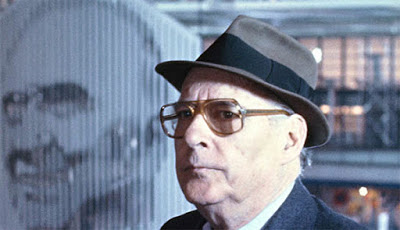
The 69th Cannes International Film Festival kicks off tomorrow, and Austinite Jeff Nichols’ LOVING will appear in competition, alongside other global greats like Asghar Farhadi, the Dardenne brothers, Pedro Almodovar and Andrea Arnold.
But LOVING isn’t the only thing that Austin and Cannes have in common this week, the other is Roberto Rossellini, who is highlighted in Austin Film Society’s retrospective through the end of May.
Rossellini had an interesting relationship with Cannes. His ROME, OPEN CITY was one of the prize-winning films in 1946 at the festival, but this was before a single film was selected for the Palme D’Or. He presented several other films at the festival to varying response, since his films tended to be out of fashion with their time, they were frequently overlooked in favor of hotter titles.
His episodic, observational docu-fiction, INDIA, MATRI BHUMI, which was later professed as a masterpiece by Godard and others, was presented out of competition the same year that THE 400 BLOWS and BLACK ORPHEUS swept the festival. At that time, Rossellini and even neo-realism seemed a bit passé.
But in 1977, Rossellini was responsible for one of Cannes biggest artistic scandals, which resulted in a major turning point for the festival. At this point in his career, Rossellini had turned all of his attention to television, and was viewed as a TV director. Yet his impact on global cinema was recognized and appreciated, particularly in France, where one of his TV dramas, THE RISE OF LOUIS XIV, had been released in cinemas and well received critically. He was invited to be President of the Jury of the 1977 festival.
Rossellini led his fellow jurors (including Pauline Kael, Jacques Demy, Carlos Fuentes and Yuri Ozerov, among others) to a Palme D’Or pick that would scandalize the festival. The Palme D’Or had previously been considered a prize for a film that had wide global appeal in commercial cinemas. Several French, Italian and American films were favored to win. Instead, Rossellini and team selected the Taviani brothers PADRE PADRONE, a film that was produced for television. It was the first time in the festival’s history that a TV film was selected for the Palme D’Or, during a time when TV films often had lower budgets and more artistic freedom than commercial films for cinema, which was certainly the case with PADRE PADRONE.
But the real unbelievable detail here is that the festival actually spoke out against the jury’s decision, declaring that this film, presented in competition would not have been the festival’s pick, and they did not support the jury’s decision.
Imagine this happening at the festival today—where all films in competition are supposed to be given equal consideration, without interference from the festival administration. In 1977, the festival had yet to aspire to this level of tact!
A few weeks after the festival, one of the organizers phoned Rossellini to let him know that the festival had come around on their outrage, and decided that they supported the change that he had brought to the institution via the Rossellini-led TV revolution. Rossellini was supposedly invited back to jury the festival in 1978, but Rossellini passed away a month after the Cannes scandal, in June, 1977. – Holly Herrick

